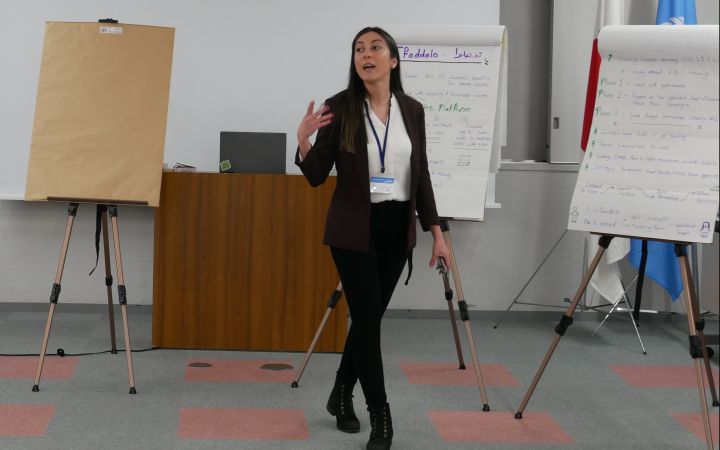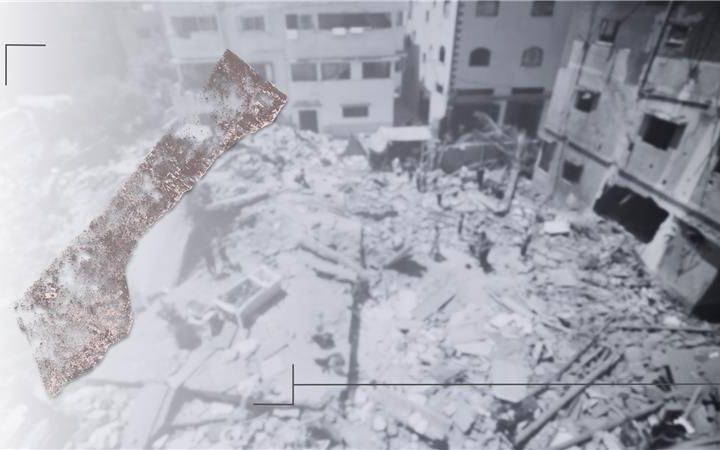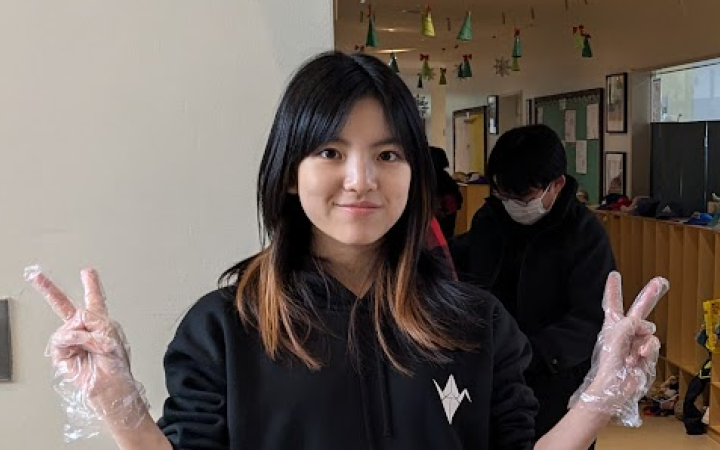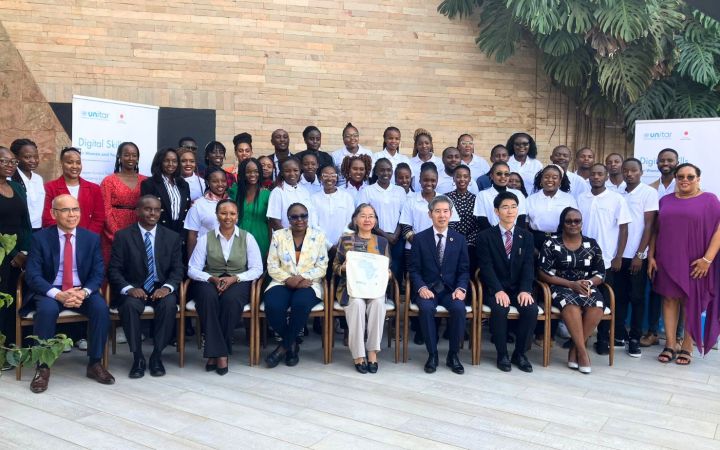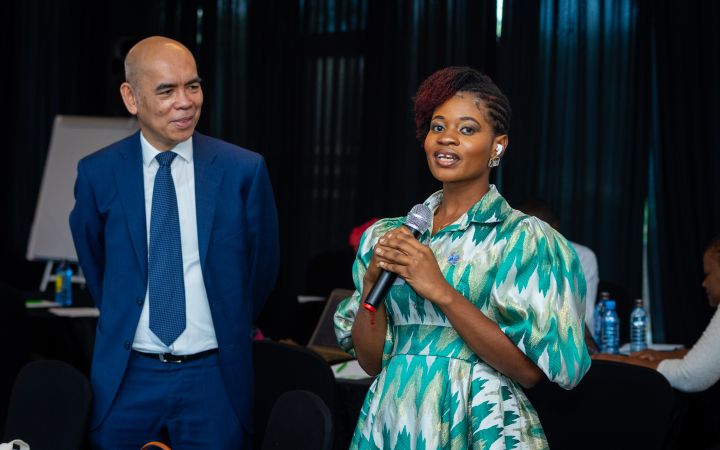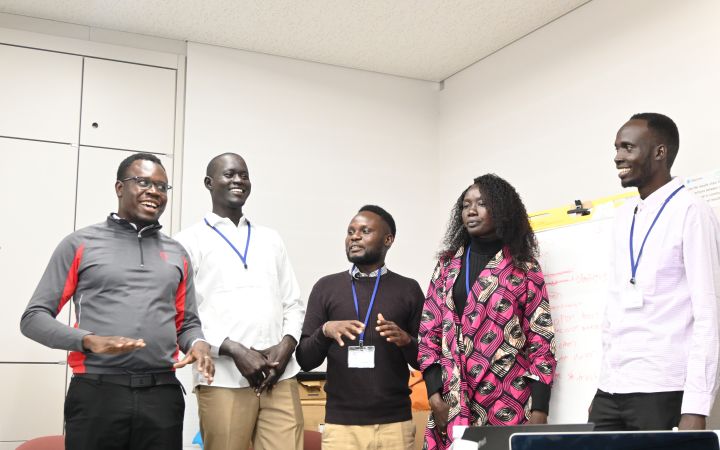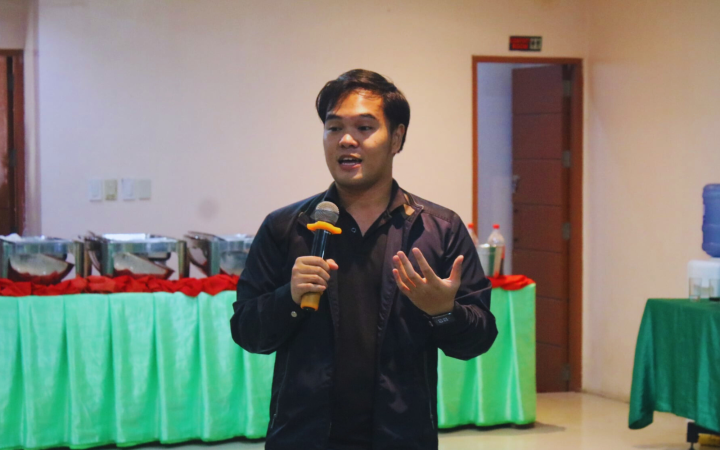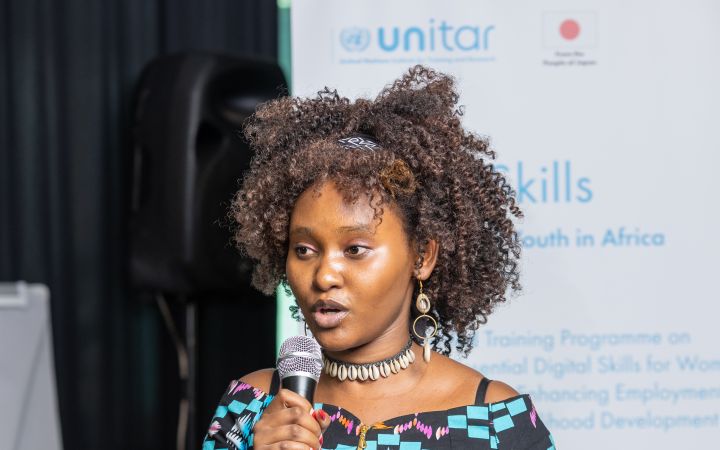Displaying 41 - 50 of 293
24 March 2025 Hiroshima, Japan – Nathalie Fakher Eddine is a Lebanese entrepreneur with a background in public health, humanitarian relief and disaster management operations. She co-founded a social dining platform that connects home cooks with locals and tourists, allowing visitors to experience authentic Lebanese cuisine through home-cooked meals. Through the platform, she aims to improve the lives of women and families with low incomes while preserving Lebanon’s rich culinary heritage.
Since October 2023, UNOSAT and FAO have collaborated to assess the impact of the crisis on agriculture in the Gaza Strip. Using satellite imagery and geospatial analysis, they monitored damage to cropland and greenhouses, essential for food security. By December 2024, 75% of Gaza’s cropland was severely affected, with over 5,600 greenhouses damaged or destroyed. This data has been crucial for FAO’s food security assessments, humanitarian coordination, and targeted interventions to support farmers. The partnership also led to methodological improvements, enhancing decision-making and resource allocation.
13 June 2025, Hiroshima, Japan – Koto Kajihara, a high school student in Hiroshima, is a passionate young advocate for peace. She is one of the 26 young changemakers who completed the 2024 Youth Ambassador Asia-Pacific programme.
The Developing Essential Digital Skills for Women and Youth in Africa, aimed to equip participants with critical digital, entrepreneurial, and professional skills to enhance employability and economic resilience. Supported by the Government of Japan and technical partners IBM and Microsoft East Africa, the initiative attracted over 7,000 participants from 24 African countries, with 70% being women and 92% under 35 years old. The three-phase programme combined foundational training, hackathons, and leadership development, enabling many participants to apply their knowledge in professional settings and entrepreneurial ventures. A follow-up survey revealed that 83% of participants utilized their newly acquired skills, with significant impacts on business growth, workplace efficiency, and project development. While the programme was well received, participants suggested improvements in engagement, certification processes, and access to networking opportunities.
25 February 2025, Geneva - Destina Mensah wants to bring good nutrition to more people while preserving Ghana’s rich culinary heritage. Inspired by Tom Brown, a traditional breakfast meal cherished in Ghana, Destina launched a business that provides healthy food options and bridges the gap between modern living and cultural identity. A 2023 UNITAR digital skills and entrepreneurship programme helped her define her vision and bring her idea to life.
20 February 2025, Hiroshima, Japan – John Ladu Simon Jacob is on a mission to transform agriculture in South Sudan. As a managing director of an agricultural enterprise, John is tackling one of his country’s greatest challenges: food insecurity. His vision is to reduce South Sudan’s reliance on food imports and build a self-sufficient agricultural system. The UNITAR Great Ideas Space for South Sudan 2023: Entrepreneurship and Innovation Training for Food Security programme helped John gain more skills and confidence to turn his vision into action.
20 February 2025, Hiroshima, Japan - Seungjae Lee is a South Korean student at an international school in Hong Kong. He is passionate about social issues and active in leadership positions and service activities. One year ago, he started a project to help refugees in Hong Kong who face language barriers.
20 February 2025, Hiroshima, Japan – John Isidore Laure, a youth advocate from Cotabato City, Philippines, currently serves as a monitoring, evaluation and learning officer at a local non-governmental organization (NGO), where he works with local youth councils (Sangguniang Kabataan) to promote good governance and community development. As a teenager, he co-established an organization to prevent violent extremism and misinformation in his community. This experience shaped his commitment to empowering young people and addressing pressing social issues.
20 February 2025, Hiroshima, Japan – In Kenya, where access to basic technology remains a luxury for many, Betty Mwende advocates for digital literacy and inclusivity. Learning through a UNITAR programme and applying what she learned have helped Betty – a student of applied computer technology and communication coordinator for a non-profit to foster collaboration in the tech industry – develop her project management and digital skills while championing digital literacy for marginalized youth.
Competency-based learning is reshaping education and professional training by making learning more personalized, goal-driven, and impactful. CBL empowers learners to thrive in dynamic, skill-driven environments by focusing on real-world competencies rather than passive knowledge accumulation.


